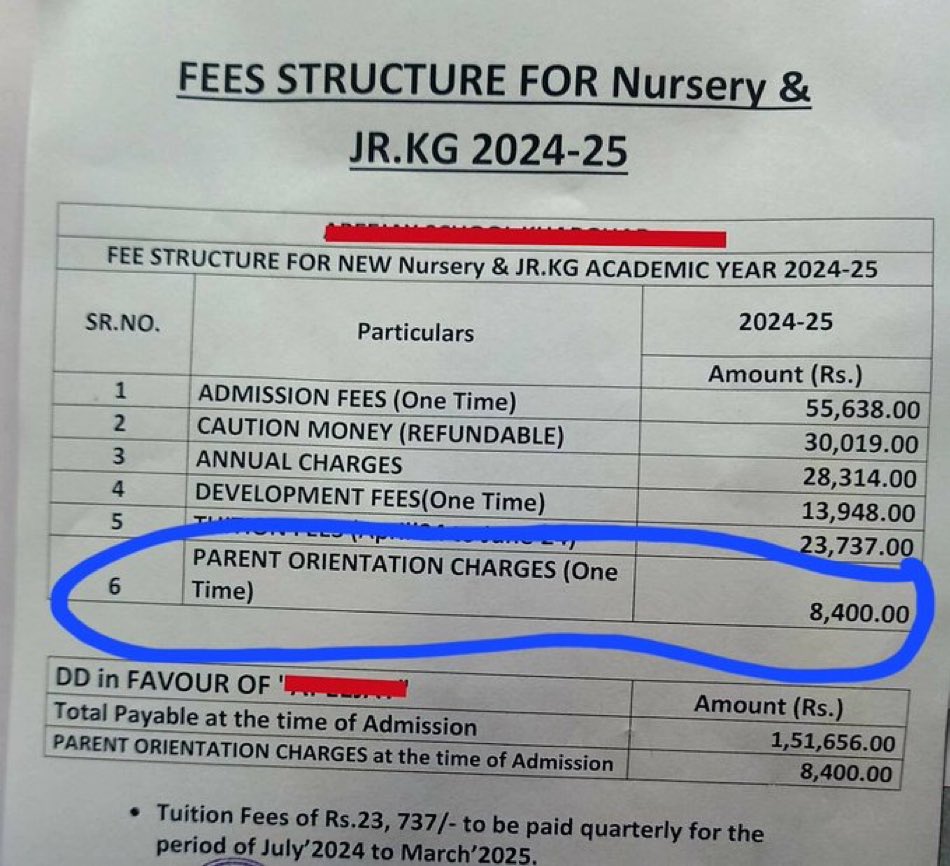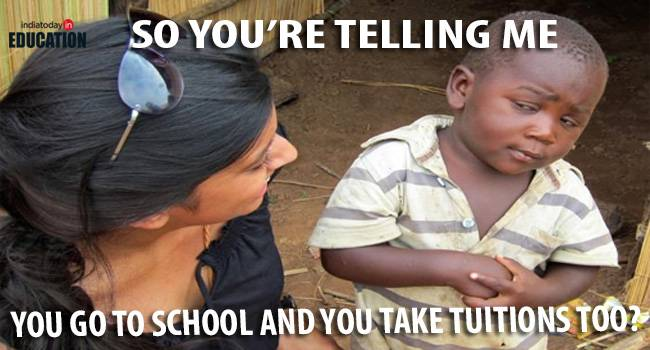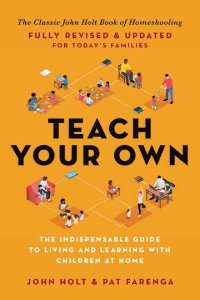Should I Homeschool My Kids?
Do you feel that school going kids are quite shy to speak to an adult or cannot do day to day things efficiently because they have their own load of homeworks?
I’ve seen children becoming introverts after going to school. They are always timid as if someone will beat them.
All children are born geniuses, and we spend the first six years of their lives degeniusing them.
- R. Buckminster Fuller
As a child, I remember being endlessly curious about the world. Everything fascinated me—why the sky changes colors, how plants grow, and why people behave the way they do.
I’d ask questions without a filter, eager to soak in every bit of information I could find. It felt like the world was an enormous puzzle, waiting for me to piece it together.

But then, school happened. I can still recall the countless times I raised my hand, burning with a question or a thought, only to be told to “stay on topic” or “save it for later.”
Lessons became rigid and formulaic, focused on passing tests and memorizing facts, with little room for curiosity or wonder. Asking too many questions was even seen as disruptive.
Over time, I noticed my spark begin to dim. Where there had once been enthusiasm, there was now a quiet reluctance. I wasn’t alone; I saw it happen to my peers too.
School was meant to be a place for discovery and growth, but instead, it felt like a system designed to fit us into neat boxes. The focus was on getting the “right” answer, not on asking meaningful questions.
It didn’t have to be that way. Kids are naturally curious—it’s how we learn and make sense of the world. We explore, we ask, and we dream. But when curiosity is met with dismissal or suppression, it withers.
Schools should be places that nurture and expand our sense of wonder, not extinguish it. I carry this belief with me and strive to reignite that spark of curiosity whenever I can, knowing how vital it is for true learning and growth.

Given the high cost of education in India, it often appears more expensive compared to other countries. Despite paying taxes and additional GST, parents still find themselves unable to send their children to public schools due to their substandard quality.
When I first considered homeschooling for my children, it was amidst a storm of doubts and societal pressures.
Here in India, education is often seen through a very traditional lens, with parents and families placing immense value on the prestige of attending top-tier schools. Kids are curious by nature but schools destroy this curiosity.
However, my experience over the past few years has not only challenged these conventional views but has also opened my eyes to the profound advantages of homeschooling. Let me share with you how this journey unfolded for my family.
The Real State of Education in Indian Schools
Quality of Education
Before diving into homeschooling, I was deeply involved in the traditional educational system. My children attended what were considered elite private schools in our city. Yet, what I observed was disheartening.

The education system, even in these so-called premier institutions, often lacks depth. There’s a heavy emphasis on rote learning, exam-centric teaching, and a curriculum that feels outdated.
Curriculum Limitations: The CBSE or ICSE boards, while comprehensive, often fail to nurture critical thinking or creativity. The focus is more on memorization than understanding, which doesn’t prepare students for real-world challenges.
Teaching Methods: Many schools still employ teaching methods that are teacher-centric, where the teacher lectures, and students passively receive information. This approach doesn’t foster an environment of inquiry or active learning.
The Time Crunch
One of the most glaring issues was the lack of time my children had for themselves. Their day was structured as follows:
- School: From 7:30 AM to 2:30 PM, filled with classes, often without breaks for play or rest.
- Tuitions: After a brief lunch, they had to rush to various tuitions for subjects like Math, Science, and English, extending their academic day till 6:00 PM.

- Homework and Assignments: The evenings were spent completing homework, assignments, and projects, which often left them exhausted by dinner time.
This relentless schedule left little room for play, hobbies, or even family time. My children were becoming stressed, overworked, and less enthusiastic about learning.
Before you start the homeschooling journey, I recommend reading this book.
The book is for American citizens but most of it applies to everywhere. The things that it reveals about how the young minds are degraded by schools is horrifying.
The Shift to Homeschooling
Discovering Online Resources
The decision to homeschool was catalyzed by the discovery of vast, quality educational resources online:
MOOCs and Educational Platforms: Websites like Coursera, Khan Academy, and edX offered courses from top universities worldwide, tailored for various age groups and interests.
YouTube Channels: Channels dedicated to education, from Crash Course to TED-Ed, provided engaging, high-quality content that could be integrated into our daily learning.
Open Educational Resources (OER): Platforms like MIT OpenCourseWare, OpenStax, and CK-12 provided free textbooks and materials, ensuring we had access to the best resources without the hefty price tag.
Can Homeschooled Kids Socialize?
A common myth about homeschooling is that children will miss out on social interactions. Here’s what I’ve learned:
Structured Activities: We joined homeschooling co-ops where children could learn and play together. These groups often organized field trips, group projects, and social events.
Community Involvement: My children participated in community services, sports teams, and local clubs. They learned social skills in real-world settings, not just within the confines of a school.
Quality Over Quantity: Homeschooled kids might not meet as many children daily, but they form deeper, more meaningful relationships. They learn to interact with people of all ages, which is a vital skill often overlooked in traditional schooling.
Pursuing Interests
One of the most liberating aspects of homeschooling has been the freedom for my children to explore their interests:
Music and Arts: My daughter, who loves music, now has time to practice her guitar daily and has even started composing her own songs.
Science Projects: My son, fascinated by science, spends hours experimenting with DIY kits and science projects, nurturing his curiosity and creativity.
Hard things about Homeschooling
Parental Commitment
Homeschooling isn’t a walk in the park. Here’s what it requires:
Time Investment: One parent (in our case, me) had to stay home or adjust work schedules significantly. This meant a complete lifestyle change, with sacrifices in career progression and personal time.
Educational Preparation: I had to become a teacher, learning new subjects to teach effectively. This involved constant self-education and resource gathering.
Emotional and Mental Load: Managing a household, being the primary educator, and ensuring my children’s social development was overwhelming at times. The support from homeschooling networks was invaluable here.
Take them out on Trips
Travel has been a cornerstone of our homeschooling:
Cultural Exposure: Trips across India allowed my children to see and experience different cultures, languages, and traditions firsthand, which textbooks could never fully convey.
Practical Learning: Visits to historical sites, museums, and natural reserves turned abstract learning into tangible experiences. For instance, learning about the Ellora Caves through history lessons is one thing; seeing it, being inside it, and feeling its history is entirely different.
Life Skills: Planning trips, budgeting, navigating public transport, and even cooking in different settings taught them invaluable life skills.
Homeschooling in India, while challenging, has proven to be an enriching experience for our family.
It has allowed us to tailor education to our children’s needs, fostering an environment where curiosity thrives, creativity flourishes, and learning becomes a joy rather than a chore.
Yes, there are hurdles, but the rewards in terms of personal development, family bonding, and the sheer joy of learning have been immeasurable.
For those considering this path, remember, it’s not just about education; it’s about crafting a life of learning that resonates with your family’s values and dreams.
Our journey has shown me that education can and should be as unique as the individual, and in India, with its rich cultural tapestry, the possibilities are endless.
Shantanu Gupta talks about why he’s not sending his son to school.

If you are thinking of homeschooling your kids, please leave a comment.
Subscribe to future articles
No spam, once a month email.
